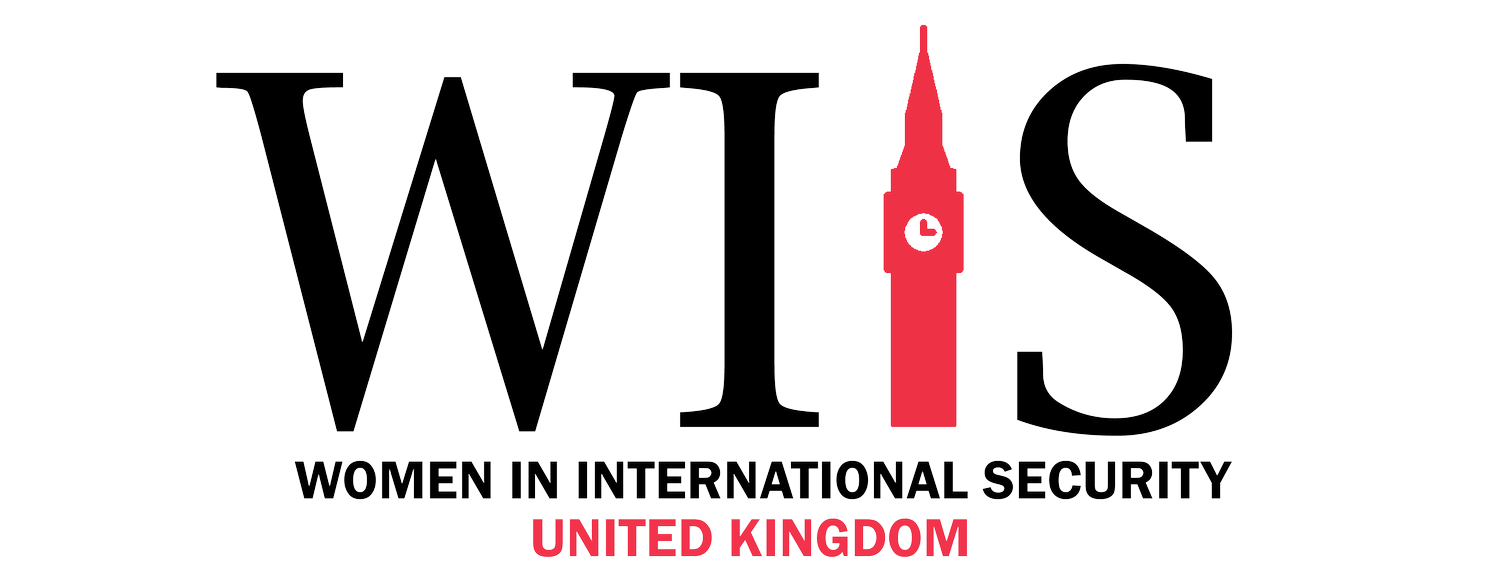Natia Seskuria
In our 3 Questions To series we introduce women working in defence and security. This time it is our pleasure to introduce Natia Seskuria who is an Associate Fellow at the Royal United Services Institute (RUSI) and serves at the Office of the National Security Council (NSC) of Georgia. Additionally, Natia is a Non-Resident Fellow at the Middle East Institute and a member of the Panel of Young Advisers at Chatham House. Prior to this, she served at the Ministry of Defence of Georgia and worked for the Foreign Editor of The Sunday Times. Natia has a broad experience in policy-making, strategic foresight, international security and defence planning, with a focus on Russia and Eurasia. She has an MA in Politics, Security and Integration and a BA (Hons) in Politics and East European Studies from University College London (UCL), and speaks seven languages including fluent French, Russian, English and Georgian.
What are you currently working on?
This year brought a wave of challenges following the advent of the coronavirus, mounting more tasks on busy work schedule at the NSC. Yet, it would be wrong to underestimate this experience, as it offered me a unique opportunity to develop important new skills within crisis management. I furthermore contribute to RUSI’s work on defence and security as an Associate Fellow. My regional focus concentrates on Russia and the wider Black
Sea region. My colleagues and I are currently working on a number of fascinating projects, including a research project, which will condense into an exciting book containing a collection of several authors’ analyses regarding the coordinating mechanisms for national security decision-making. I am also contributing to the Middle East Institute as a Non-Resident Fellow in the form of articles and a research project on the Black Sea security. Additionally, I lecture politics and security at sereral universities, a role through which I wish to instil my students the same curiosity and passion that I enjoyed myself as a student in the UK. Teaching is a precious experience and I very much enjoy working with my students. Having recently joined the panel of young advisers at the Chatham House, I look forward to shaping the Institute’s next generation engagement strategy.
What are the opportunities and challenges of working in your field?
Working within the defence and security field is stimulating and no day is like any other! I have been lucky in being able to work and learn from outstanding experts, whose guidance opened my horizons, expanding my research interests to areas that I previously would not consider. From military aggression, to disinformation and cyberattacks, states are faced by a myriad of defence and security threats. Living in such challenging times provides more opportunities than limitations, opening passages to practitioners and researchers to dive into deep reflection. These dynamic times do require to always remain up-to-date and well-informed with the latest developments, but maintaining a life-work balance remains a key challenge for me, as I have also learned its importance from past burnouts.
How did you get to your current position?
There are three keywords that summarise every successful professional: strong will, determination, and hard work. From an early age, I had an idea of what I wanted to do in life but the path has not been easy and I have had to take some bold decisions. Relocating to London at a very young age was a daunting step though essential to pursue my goals and get to a desired position. The privilege of pursuing my studies and professional career there led to open a lot of opportunities for me and to meet inspirational people within and outside of my field. I am a perfectionist, so I never give up until I reach the point when I am happy with the end result. I think the key is to identify your goals, keep your standards very high and work hard. So far, this ”strategy” has proved to be efficient for me.


